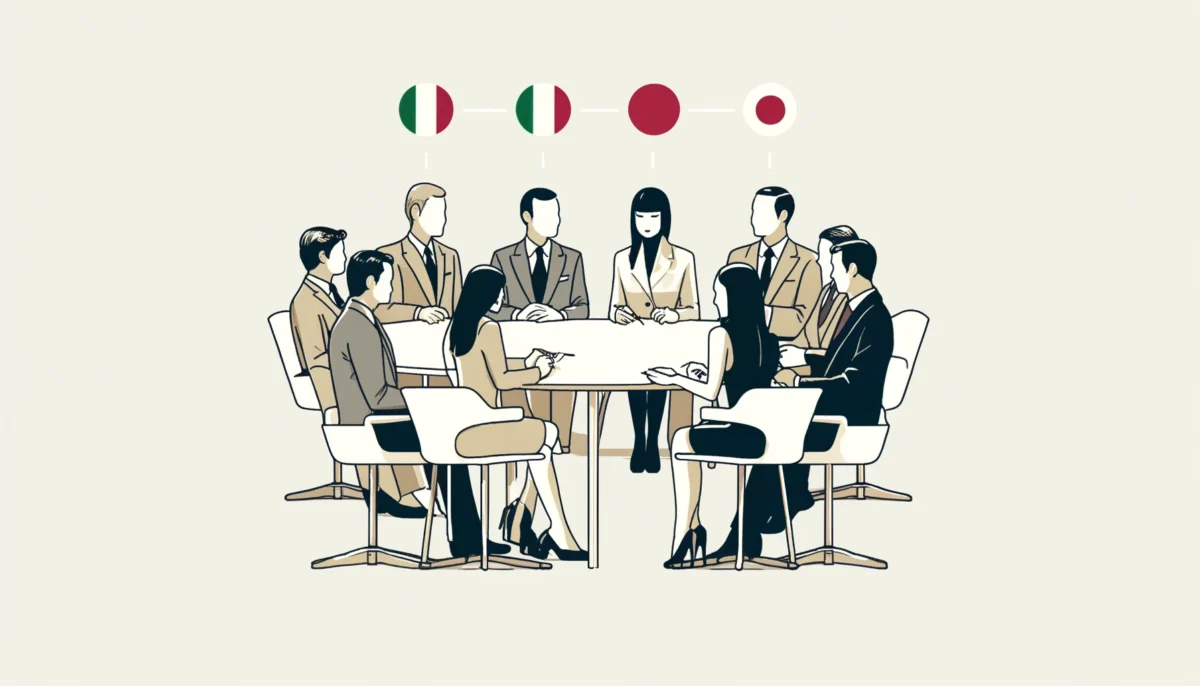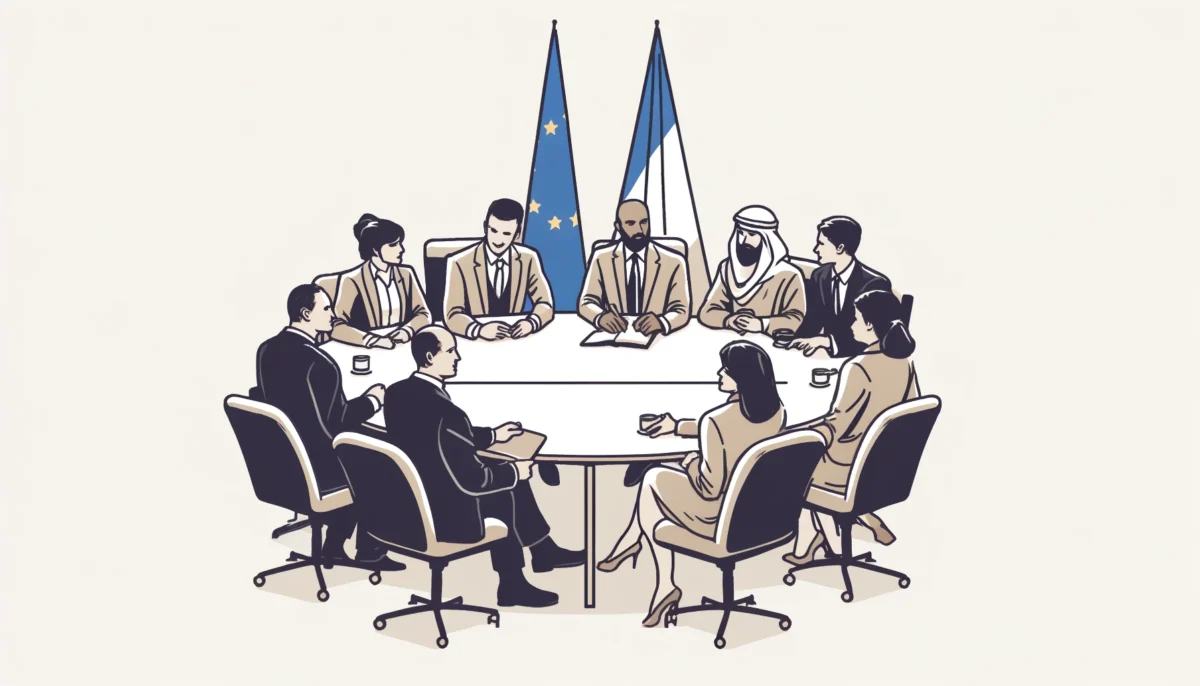The Importance of Neutrality in Mediation
June 6, 2024In today’s interconnected world, disputes and conflicts often cross international boundaries, bringing together parties from diverse cultural backgrounds. International mediation presents a unique set of challenges and areas of opportunity, as cultural differences can significantly impact the mediation process. Successfully navigating these differences is crucial for reaching mutually agreeable solutions. In this article, we will explore how cultural differences are managed in international mediation cases, offering insights and examples to illustrate best practices.
Understanding Cultural Contexts & Communication Styles
Cultural differences can manifest in various ways, including communication styles, attitudes toward conflict, and negotiation tactics. Mediators must be culturally sensitive and knowledgeable about the backgrounds of the parties involved. Understanding cultural contexts helps mediators anticipate potential misunderstandings and tailor their approach to suit the specific needs of the parties.
Communication styles vary widely across cultures. For instance, individuals from high-context cultures, such as Japan, tend to communicate indirectly and rely heavily on non-verbal cues and context. In contrast, people from low-context cultures, like Italy, prefer direct and explicit communication. When mediating between parties from these different backgrounds, it is essential to bridge the communication gap.
Example: Japanese and Italian Parties

Imagine a mediation scenario involving a Japanese business executive and an Italian entrepreneur. The Japanese executive may use subtle language and expect the mediator to read between the lines, while the Italian entrepreneur might be more forthright and expressive. The mediator’s role here is to facilitate understanding by clarifying statements and encouraging open dialogue. For instance, the mediator could rephrase a subtle comment from the Japanese party to ensure the Italian party fully grasps the underlying message.
Attitudes Towards Conflict
Different cultures have varying attitudes toward conflict and its resolution. Some cultures view conflict as a natural part of life that can lead to positive change, while others see it as something to be avoided. Recognizing these attitudes helps mediators manage the emotional and psychological aspects of mediation.
Example: United States and Chinese Parties
In a mediation involving an American and a Chinese company, the American party may approach the conflict with a problem-solving mindset, focusing on finding a quick and practical solution. The Chinese party, on the other hand, might prioritize preserving harmony and saving face. The mediator must balance these perspectives, perhaps by allowing the Chinese party more time to express their concerns and by framing the discussion in a way that emphasizes mutual respect and long-term relationship building.
Negotiation Tactics
Cultural differences also influence negotiation tactics. In some cultures, aggressive negotiation is seen as a sign of strength, while in others, it is considered disrespectful. Mediators need to be aware of these differences and guide the parties towards a more collaborative approach.
Example: Middle Eastern and European Parties

Consider a mediation between a Middle Eastern company and a European firm. The Middle Eastern representatives may use more formal and hierarchical negotiation tactics, valuing personal relationships and status. The European firm might prefer a more egalitarian and straightforward approach. The mediator can manage these differences by establishing clear ground rules that respect both styles, such as allowing for formal introductions and relationship-building before diving into substantive negotiations.
Best Practices for Mediators
- Cultural Competence Training: Mediators should undergo cultural competence training to familiarize themselves with the customs, values, and communication styles of different cultures. This training can enhance their ability to manage cultural differences effectively.
- Building Trust: Establishing trust is essential in any mediation, but it is particularly crucial in international contexts. Mediators should take the time to build rapport with the parties, demonstrating respect for their cultural norms and practices.
- Flexible Mediation Strategies: Mediators should adopt flexible strategies that can be adjusted to accommodate the cultural needs of the parties. This flexibility might include varying the mediation format, language, or communication methods.
- Use of Interpreters: When language barriers exist, professional interpreters can be invaluable. Mediators should ensure that interpreters are not only fluent in the languages but also understand the cultural nuances.
Navigating cultural differences in international mediation requires a deep understanding of the parties’ cultural backgrounds and a flexible, respectful approach. By recognizing and managing these differences, mediators can facilitate more effective communication, build trust, and guide the parties toward a mutually satisfactory resolution. As global interactions continue to increase, the ability to mediate across cultures will become an increasingly valuable skill.
At Webber Mediation Services, we specialize in managing these cultural nuances to ensure successful outcomes for our clients. Our team of experienced mediators is trained in cultural competence, providing personalized strategies that respect and bridge cultural differences. If you are facing a cross-cultural dispute and need expert mediation services, visit www.webbermediation.com to learn how we can assist you in resolving conflicts amicably and effectively. Let’s work together to navigate cultural differences and find your resolution.
